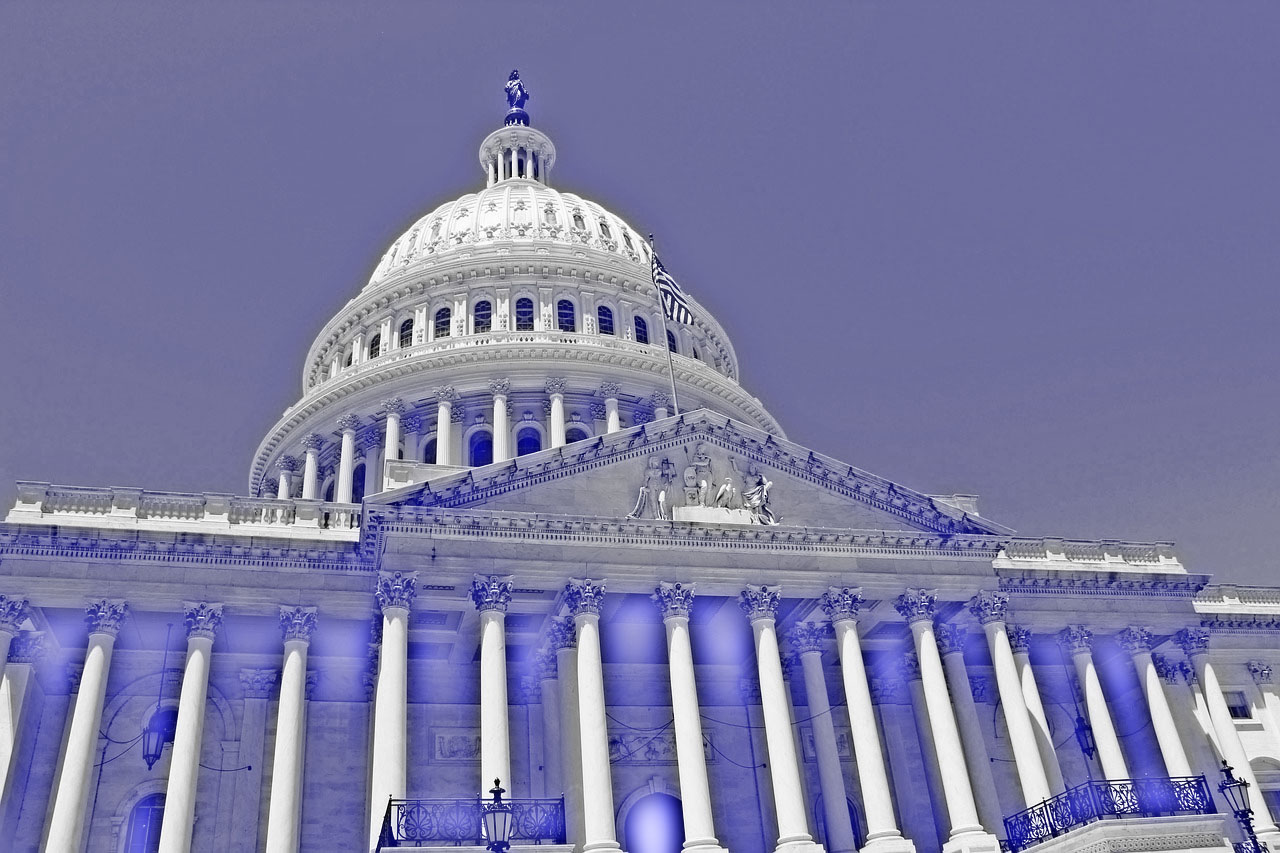Listen to an audio version of this article (generated using Gemini).
The One Big Beautiful Bill became one bit smaller.
In a major blow to the tech industry, the U.S. Senate voted 99 to 1 to remove a proposed moratorium on AI regulation from a sweeping legislative package. The vote took place in the early hours of Tuesday, 1 July 2025, during a lengthy 27-hour voting session known as a “vote-a-rama,” which saw lawmakers debating numerous amendments to the “One Big Beautiful Bill Act,” a key part of President Donald Trump’s domestic agenda which would itself be passed by both houses on July 3.
The amendment to scrap the AI moratorium was introduced by Republican Senator Marsha Blackburn of Tennessee, with support from Democratic Senator Maria Cantwell of Washington. Notably, Senator Ted Cruz of Texas, who had previously backed the moratorium and helped negotiate a compromise, ultimately voted to remove it. The only dissenting vote came from Senator Thom Tillis of North Carolina, who had recently announced he would not seek re-election and opposed all amendments on principle.
The original moratorium would have blocked state and local governments from regulating AI for ten years, potentially undoing dozens of existing laws. A last-minute attempt to reduce the ban to five years and include exceptions for child safety and publicity rights failed in what was widely reported as a repudiation of Big Tech's attempt to prevent legislators placing restrictions on AI development. The broader bill, without the moratorium, passed 51-50, with Vice President J.D. Vance casting the tie-breaking vote.

In a near-unanimous vote, attempts to restrict AI legislation was dropped. Source: Rintrah Imagen.
What were arguments for and against?
The proposed moratorium on AI laws, originally intended to block state and local regulation of artificial intelligence for ten years, sparked intense debate. Supporters of the moratorium, including Republican leaders and major tech firms, argued it was essential for maintaining U.S. competitiveness in AI. They claimed that a temporary freeze on state-level rules would give American companies the freedom to innovate and compete with China. Industry figures such as OpenAI’s Sam Altman and Microsoft’s Brad Smith warned that excessive regulation could stifle progress and harm national interests. Another key concern was the risk of a confusing patchwork of state laws. Altman noted that complying with 50 different regulatory regimes would be nearly impossible, while the R Street Institute called for a “learning period” to avoid such fragmentation.
However, critics strongly opposed the measure, arguing that it would undo existing protections and leave the AI sector largely unregulated. Civil liberties groups described it as a “Big Tech power grab,” accusing companies of seeking immunity from oversight. Parents of children harmed by online content warned it would endanger child safety, while artists feared it would block protections against AI-generated imitations. Even a compromise to shorten the moratorium and include exemptions was criticised for its vague language.
The backlash was broad and bipartisan. Over 250 state lawmakers and 40 attorneys general urged Congress to reject the moratorium. Labour unions, insurance groups, and populist conservatives also voiced opposition. Senator Marsha Blackburn, who initially supported the measure, withdrew her backing over concerns about child safety and states’ rights. Opponents stressed that states are already legislating on AI and privacy, and should not be prevented from acting in the absence of federal law.
What happens next?
Despite the overwhelming 99–1 Senate vote to scrap the proposed AI-law moratorium, some believe the idea may return in future debates. Neil Chilson, head of AI policy at the Abundance Institute, suggested the concept could re-emerge alongside a broader federal framework for AI regulation. Similarly, House Energy and Commerce Committee Chair Brett Guthrie has pledged to continue pushing for federal pre-emption of state AI laws. However, the scale of bipartisan opposition has cast serious doubt on whether such efforts will succeed. Chris MacKenzie of Americans for Responsible Innovation expressed hope that the decisive vote would mark the end of attempts to halt state-level AI regulation.
With the moratorium defeated, states are now free to continue developing and enforcing their own AI laws. Existing legislation—such as Tennessee’s ELVIS Act, which protects musicians from AI voice-cloning, and AI safety laws in New York and Colorado—remains in force. This means the patchwork of state-level AI rules, which many in the tech industry had hoped to avoid, will likely persist and expand.
At the federal level, there is renewed momentum to create a national AI regulatory framework. Senator Maria Cantwell said the vote opens the door for bipartisan cooperation on legislation that supports innovation while safeguarding consumers. Although Congress could still introduce a bill to override state laws in the future, no such federal legislation has advanced as of 1 July. For now, the future of AI regulation in the U.S. remains a state-led effort, with federal action still on the horizon.
This article was co-created with AI.


